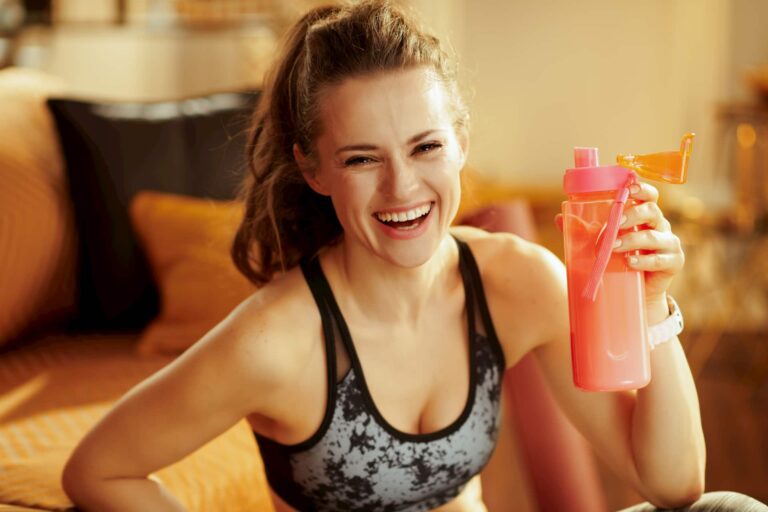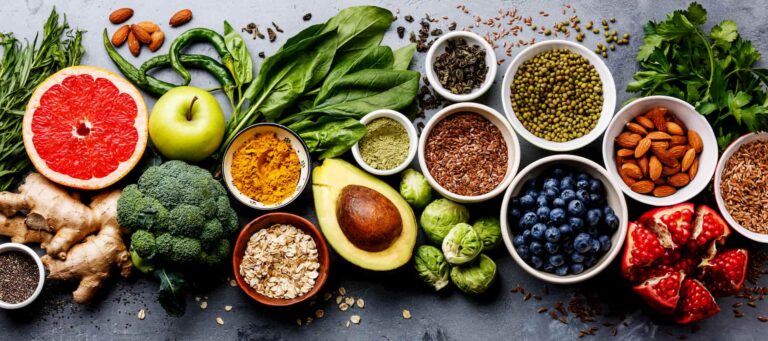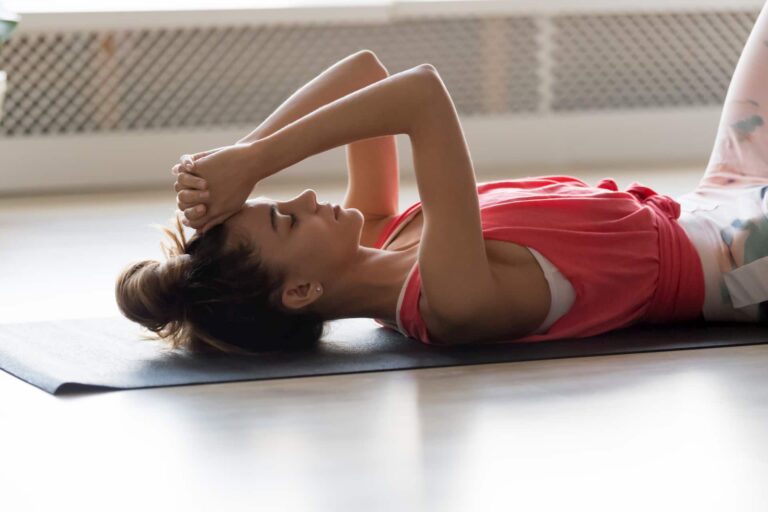
Why are low haematocrit and low haemoglobin values measured after sports activity?
Anyone who practises sport on a competitive level will have already heard of […]
Sportsmen and sportswomen know how important a varied and balanced diet is, which is capable of providing all the essential nutrients to keep the body in good health. In fact at the basis of any good performance in training or competition is the choice of foods that can ensure the correct daily needs of each micro- and macronutrient. Let’s analyse the nutrition of sportsmen and sportswomen and, specifically, the most suitable foods in cases of iron deficiency.
The body of a person who practises sport, especially on a competitive level, requires more energy than a person who does not practise a lot of physical activity. Specifically, athletes need a greater supply of nutrients that can quickly support their energy needs and nutrients that can help them recover. Therefore, the diet of sportsmen and sportswomen is primarily based on the consumption of foods that are rich in carbohydrates (whole grains, wholemeal pasta) and proteins (red meat, legumes) to ensure the right intake of these nutrients. No less important are foods rich in vitamins and minerals, which are useful for replenishing the share lost through physical activity and sweating. Lastly, we must not forget the right amount of water to compensate for the amount lost through sweating.
The most suitable foods for replenishing vitamins, minerals and other nutrients in sportsmen and sportswomen include:
Before finding out which foods are suitable for athletes in cases of iron deficiency, it should be specified that iron in food is found in two forms: haem iron and non-haem iron. The difference between the two types of food iron lies in the bioavailability and the speed of absorption: haem iron is absorbed more easily in the intestine than non-haem iron. To facilitate the absorption of non-haem iron, it may be useful to consume foods rich in vitamin C. Vitamin C is an essential nutrient that helps to absorb iron in the intestine and protects cells from oxidative stress.
In animal-based foods, both haem iron and non-haem iron are present, whilst in plant-based foods, only non-haem iron (inorganic iron) is present.
Foods that can be useful in cases of iron deficiency in athletes include:
There are some foods that must be avoided in cases of iron deficiency or that must not be consumed at the same time as non-haem iron food sources. The foods to pay attention to in cases of iron deficiency are:
When the diet alone is not sufficient to ensure energy requirements during or after physical activity, nutritional supplements can be used to help compensate for the loss of vitamins, minerals, proteins and carbohydrates. In these cases, specific dietary supplements may be useful in providing the body with adequate amounts of nutrients. If there is also an iron deficiency or increased body need for this nutrient, it may be helpful to talk to your doctor or pharmacist and assess an iron-based dietary supplement.
The SiderAL® dietary supplement range containing Sucrosomiale® Iron, a technology that facilitates the high digestibility and absorption of iron, can be a useful nutritional supplement in cases of iron deficiency or increased needs for this nutrient.

Anyone who practises sport on a competitive level will have already heard of […]

Those who practice endurance sports or sports that require great physical endurance know […]

The basis of good health is always a varied and balanced diet. Athletes […]

Agonistic athletes may be subject to iron and haemoglobin level below normal range. […]

Serum iron indicates the amount of “circulating iron” in the body, i.e., the […]
The technology that guarantees the best absorption of Iron.
Find out moreRegistered Office Via Campodavela, 1 56122 Pisa
Tel. +39 050 7846500
Fax +39 050 7846524
C.F. / P.Iva / Reg. Impr. 01679440501
Cap.Soc. € 1.123.097,70
I.V. | REA 146259
pharmanutra.it